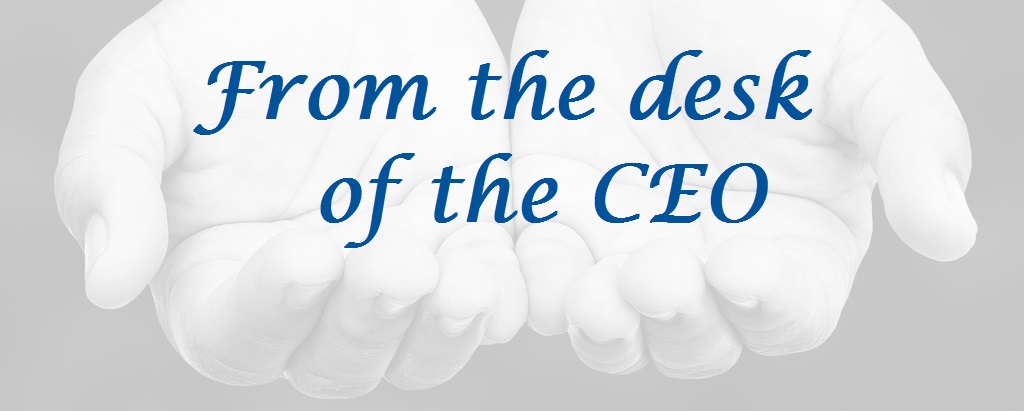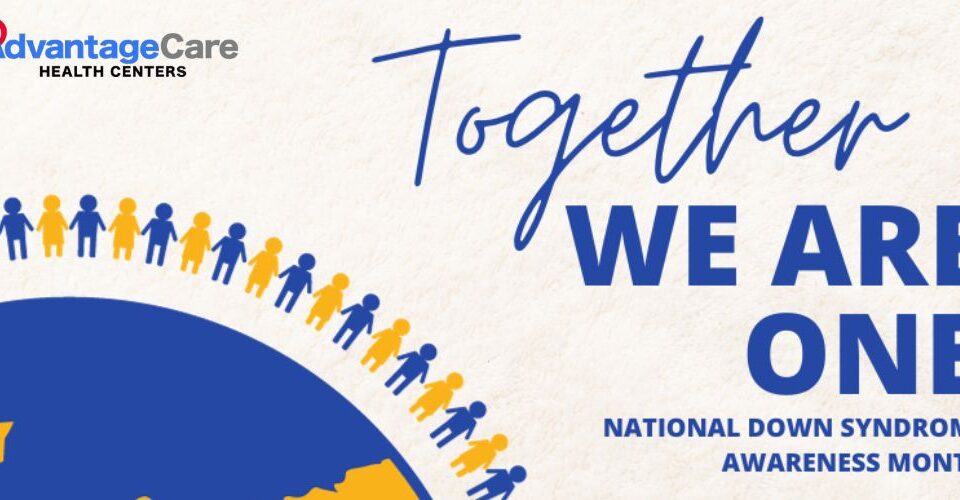
Evidence-Based Apps for ASD
March 24, 2016
From the Desk of the CEO….
March 5, 2018
Using Board Games to Increase Executive Functioning Skills
By Zonya Mitchell, PsyD
>Executive function is a set of mental skills, controlled by the frontal lobes that help you get things done. They include:
Inhibition – The ability to halt one’s own behavior, actions, and thoughts at the appropriate time.
Shift – Being able to move easily from one situation to another and to use flexible thinking so that one can respond appropriately to a situation.
Emotional Control – Using rational thought to modulate emotional responses.
Initiation – The ability to independently start a task or activity, come up with ideas, generate responses, or problem-solving strategies.
Working memory – The ability to rehearse or hold information in mind for use in completing a task.
Planning/Organization – Managing current and future – oriented task demands.
Organization of Materials – The imposition of order on work, play, and storage spaces.
Self-Monitoring – The ability to monitor one’s own behavior or performance and to measure it against a standard of expectation or need.
Executive function and self-regulation skills provide important supports for learning and development. We are born with the potential to develop these skills through interactions and practice, if given the opportunity. Individuals with weak executive function face many challenges in school and at work. Games and free play gives us opportunities to strengthen self-directed executive function skills.
Board games require players to follow directions, take turns and plan strategies—three skills that may be tough for those with executive functioning issues. However, the following games are easy to learn and understand. In pointing out how the skills a person uses in each game connect to everyday situations, you may help them improve their key executive functioning skills even more. With this in mind I put together a list of games that strengthen key executive functioning skills for all ages.
Max: A cooperative game (Ages: 4 – 7)
Executive functioning skills: Emotional control; planning and prioritizing; flexible thinking
Jenga (Ages: 8 and up)
Executive functioning skills: Self-monitoring; flexible thinking; impulse control
Distraction (Ages: 8 and up)
Executive functioning skills: Working memory; flexible thinking
MindTrap (Ages: 12 and up)
Executive functioning skills: Flexible thinking
AnimaLogic (Ages: 5 and up)
Executive functioning skills: Planning and prioritizing; flexible thinking; organization
Snake Oil (Ages: 10 and up)
Executive functioning skills: Task initiation; flexible thinking; organization
Quiddler (Ages: 8 and up)
Executive functioning skills: Organization; flexible thinking; planning and prioritizing
Simon (Ages: 8 and up)
Executive functioning skills: Organization;
Mastermind (Ages: 8 and up)
Executive functioning skills: Critical thinking, working memory, logic, problem solving
Rummikube (Ages: 8 and up)
Executive functioning skills: Attention, concentration, working memory
Dr. Zonya Mitchell is a clinical neuropsychologist and clinical director at the Fay J. Lindner Center for Autism and Developmental Disabilities.




